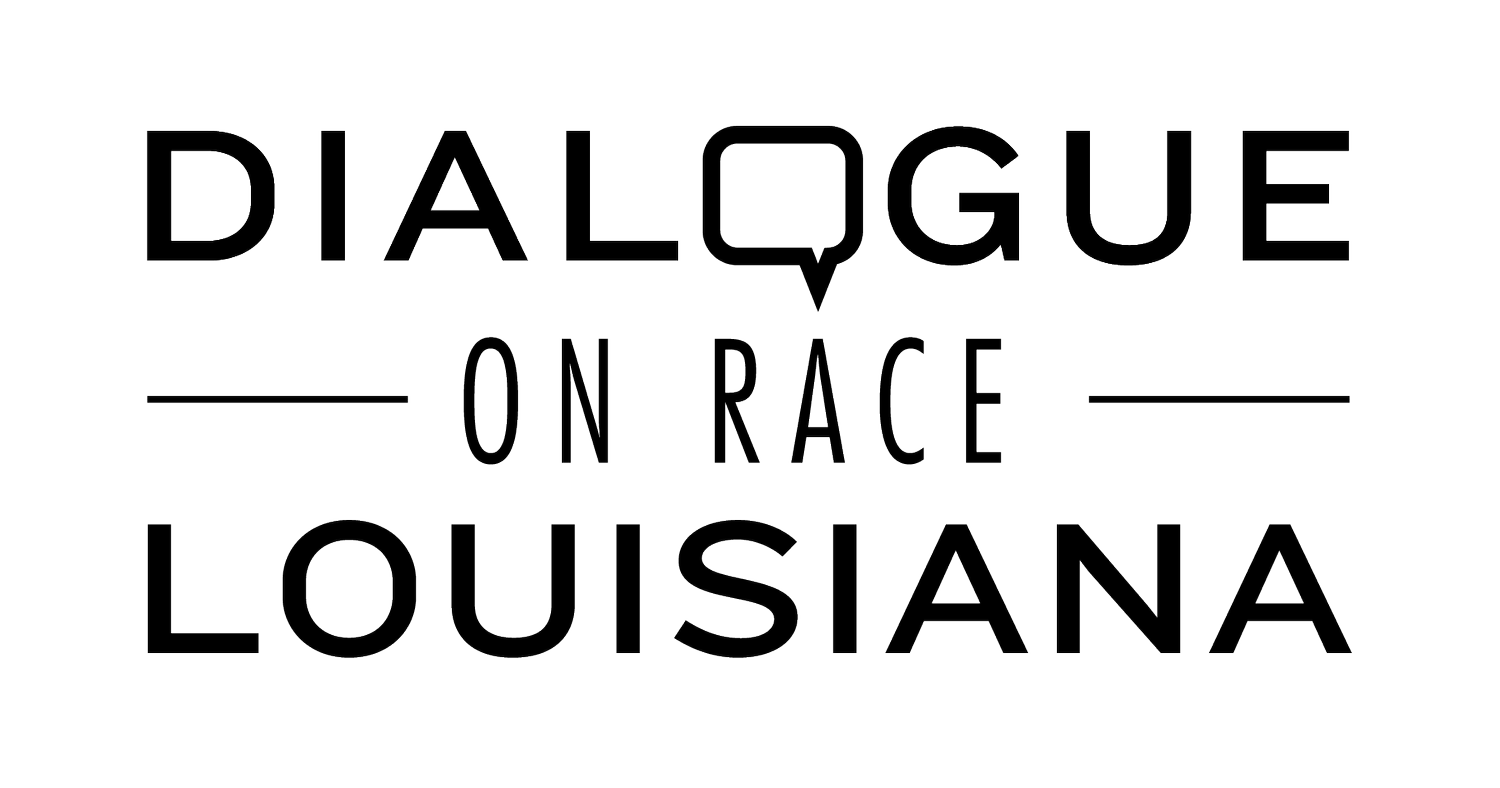Facilitator Practice Session: Curiosity and Listening
For Facilitator Practice on Wednesday, February 5th, read the following articles on Curiosity and Listening and complete the activities.
CURIOSITY
I have been living in the question.
The question of how to support Dialogue on Race Facilitators in using their curiosity in dialogue—in an era when it is easier just to label people’s behaviors, judge them, avoid them, or, a favorite of mine, tell them where they are wrong, explain the wrong, and correct them by giving them the correct information—oh, and being surprised at their less-than-positive response.
Notes:
The adage tells us curiosity killed the cat.
I say curiosity kills boredom.
Curiosity reveals the light bulb.
Curiosity leads to self-discovery and personal growth.
Curiosity is a state of being open and inquisitive.
Curiosity requires us to let go of judgment and not push one way or another to suit what we find comfortable.
We must be open, even when we don’t know what is happening. This can take focus and constant redirection. Giving ourselves the gift of curiosity can be the one thing that allows us to get through our struggles. Look for the gifts and blessings in life and stay curious about how they may appear.
When you encounter something or someone you struggle with, you can check in with yourself and bring yourself to a state of curiosity.
How can I make this work?
Where is the divinity in this experience? Where is the love here?
Both in me and in them?
Because curiosity is an active state,
When we are curious, we ask questions with an openness to the answers.
A story from the author of this article
“When my middle daughter, Bailey, was young, she asked us an unending stream of questions: “Why is it called a hot dog?” “Why is the sky blue?” “Why do I have to make my bed when I’m just getting back in it?” Answering her constant stream of questions all day became a task in itself. As we age, we lose that natural sense of wanting to understand how our world works and why.”
Today, I invite you to play with curiosity and explore where and how it can bring you closer to the divine gifts all around.
Four survey questions for facilitators to ponder
What is your favorite part of facilitating?
What do you fear most or feel less confident?
What do you feel most responsible for?
What would you like to change about facilitation, and why?
Note: These are not academic questions that you turn in. They are to have responses top of mind as you come to the practice session.
LISTENING
“Our greatest glory is not in never falling, but in rising up every time we fail.” — Oliver Goldsmith
Describe training, practice, and its role in serving your role as facilitation—what are your thoughts?
Facilitation is about holding the space for participants to understand racism. They have lived all their lives in a narrative that is, at best, flawed and false. They have beliefs, thoughts, and actions that have perpetuated racism.
In this structured series, facilitators hold a space that is supportive, allowing participants to be open, honest, and heard.
